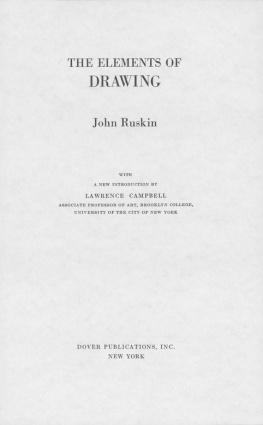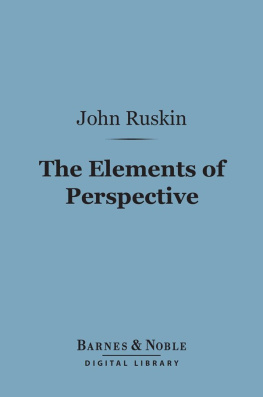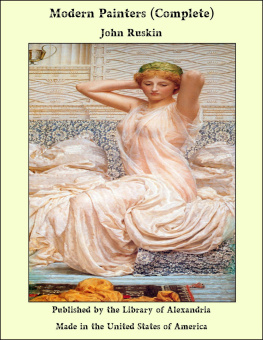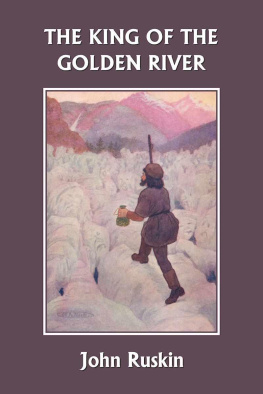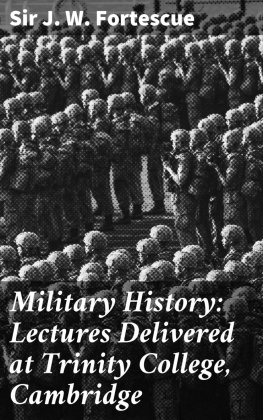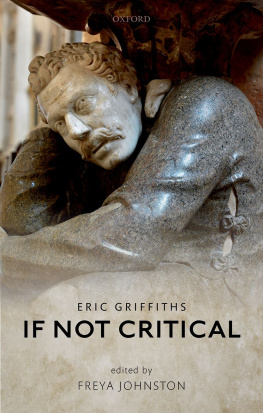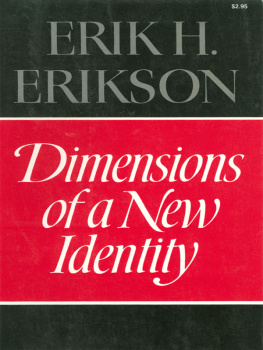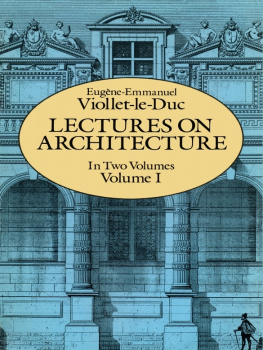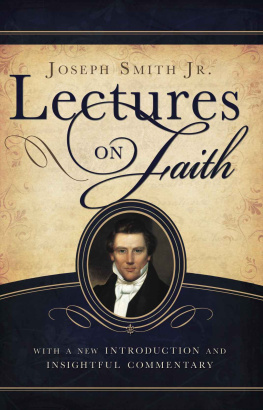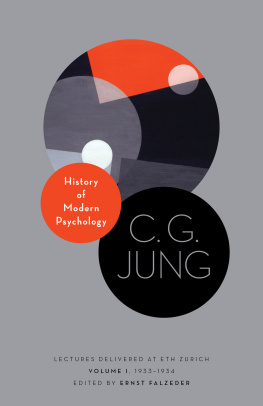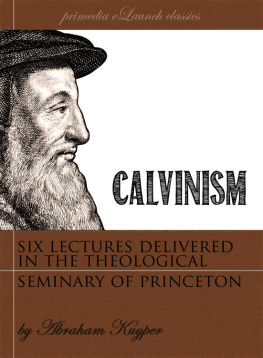THE ART OF ENGLAND AND THE PLEASURES OF ENGLAND
JOHN RUSKIN

This 2012 edition published by Barnes & Noble, Inc.
All rights reserved. No part of this publication may be reproduced, stored in a retrieval system, or transmitted, in any form or by any means, electronic, mechanical, photocopying, recording, or otherwise, without prior written permission from the publisher.
Barnes & Noble, Inc.
122 Fifth Avenue
New York, NY 10011
ISBN: 978-1-4114-6023-2
THE ART OF ENGLAND
LECTURE I
REALISTIC SCHOOLS OF PAINTING
D. G. ROSSETTI AND W. HOLMAN HUNT
Delivered 9th March 1883
1. I AM well assured that this audience is too kind, and too sympathetic, to wish me to enlarge on the mingled feelings of fear and thankfulness, with which I find myself once again permitted to enter on the duties in which I am conscious that before I fell short in too many ways; and in which I only have ventured to ask, and to accept, your farther trust, in the hope of being able to bring to some of their intended conclusions, things not, in the nature of them, it seems to me, beyond what yet remains of an old man's energy; but, before, too eagerly begun, and too irregularly followed. And indeed I am partly under the impression, both in gratitude and regret, that Professor Richmond's resignation, however justly motived by his wish to pursue with uninterrupted thought the career open to him in his profession, had partly also for its reason the courtesy of concession to his father's old friend; and his own feeling that while yet I was able to be of service in advancing the branches of elementary art with which I was specially acquainted, it was best that I should make the attempt on lines already opened, and with the aid of old friends. I am now alike comforted in having left you, and encouraged in return; for on all grounds it was most desirable that to the imperfect, and yet in many points new and untried code of practice which I had instituted, the foundations of higher study should have been added by Mr. Richmond, in connection with the methods of art-education recognized in the Academies of Europe. And although I have not yet been able to consult with him on the subject, I trust that no interruption of the courses of figure study, thus established, may be involved in the completion, for what it is worth, of the system of subordinate exercises in natural history and landscape, indicated in the schools to which at present, for convenience' sake, my name is attached; but which, if they indeed deserve encouragement, will, I hope, receive it ultimately, as presenting to the beginner the first aspects of art, in the widest, because the humblest, relation to those of divinely organized and animated Nature.
2. The immediate task I propose to myself is to make serviceable, by all the illustration I can give them, the now unequalled collection possessed by the Oxford schools of Turner drawings and sketches, completed as it has been by the kindness of the Trustees of the National Gallery at the intercession of Prince Leopold; and furnishing the means of progress in the study of landscape such as the great painter himself only conceived the scope of toward the closing period of his life. At the opening of next term, I hope, with Mr. Macdonald's assistance, to have drawn up a little synopsis of the elementary exercises which in my earlier books have been recommended for practice in Landscape,a subject which, if you look back to the courses of my lectures here, you will find almost affectedly neglected, just because it was my personal province. Other matters under deliberation, till I get them either done, or determined, I have no mind to talk of; but today, and in the three lectures which I hope to give in the course of the summer term, I wish to render such account as is possible to me of the vivid phase into which I find our English art in general to have developed since first I knew it: and, though perhaps not without passing deprecation of some of its tendencies, to rejoice with you unqualifiedly in the honour which may most justly be rendered to the leaders, whether passed away or yet present with us, of England's Modern Painters.
3. I may be permitted, in the reverence of sorrow, to speak first of my much loved friend, Gabriel Rossetti. But, in justice, no less than in the kindness due to death, I believe his name should be placed first on the list of men, within my own range of knowledge, who have raised and changed the spirit of modern Art: raised, in absolute attainment; changed, in direction of temper. Rossetti added to the before accepted systems of colour in painting, one based on the principles of manuscript illumination, which permits his design to rival the most beautiful qualities of painted glass, without losing either the mystery or the dignity of light and shade. And he was, as I believe it is now generally admitted, the chief intellectual force in the establishment of the modern romantic school in England.
4. Those who are acquainted with my former writings must be aware that I use the word 'romantic' always in a noble sense; meaning the habit of regarding the external and real world as a singer of Romaunts would have regarded it in the Middle Ages, and as Scott, Burns, Byron, and Tennyson have regarded it in our own times. But, as Rossetti's colour was based on the former art of illumination, so his romance was based on traditions of earlier and more sacred origin than those which have inspired our highest modern romantic literature. That literature has in all cases remained strongest in dealing with contemporary fact. The genius of Tennyson is at its highest in the poems of 'Maud,' 'In Memoriam,' and the 'Northern Farmer'; but that of Rossetti, as of his greatest disciple, is seen only when on pilgrimage in Palestine.
5. I trust that Mr. Holman Hunt will not think that in speaking of him as Rossetti's disciple I derogate from the respect due to his own noble and determined genius. In all living schools it chances often that the disciple is greater than his master; and it is always the first sign of a dominant and splendid intellect, that it knows of whom to learn. Rossetti's great poetical genius justified my claiming for him total, and, I believe, earliest, originality in the sternly materialistic, though deeply reverent veracity, with which alone, of all schools of painters, this brotherhood of Englishmen has conceived the circumstances of the life of Christ. And if I had to choose one picture which represented in purity and completeness this manner of their thought, it would be Rossetti's 'Virgin in the House of St. John.'
6. But when Holman Hunt, under such impressive influence, quitting virtually forever the range of worldly subjects, to which belonged the pictures of Valentine and Sylvia, of Claudio and Isabel, and of the 'Awakening Conscience,' rose into the spiritual passion which first expressed itself in the 'Light of the World,' an instant and quite final difference was manifested between his method of conception, and that of his forerunner. To Rossetti, the Old and New Testaments were only the greatest poems he knew; and he painted scenes from them with no more actual belief in their relation to the present life and business of men than he gave also to the 'Morte d'Arthur' and the 'Vita Nuova.' But to Holman Hunt, the story of the New Testament, when once his mind entirely fastened on it, became what it was to an old Puritan, or an old Catholic of true blood,not merely a Reality, not merely the greatest of Realities, but the only Reality. So that there is nothing in the earth for him any more that does not speak of that;there is no course of thought nor force of skill for him, but it springs from and ends in that.


